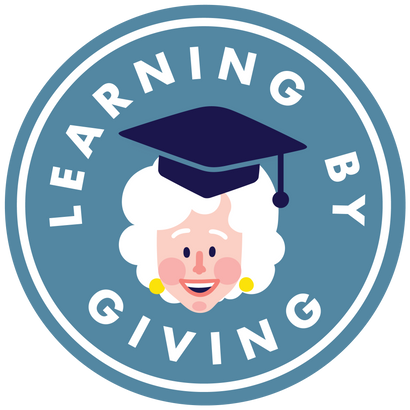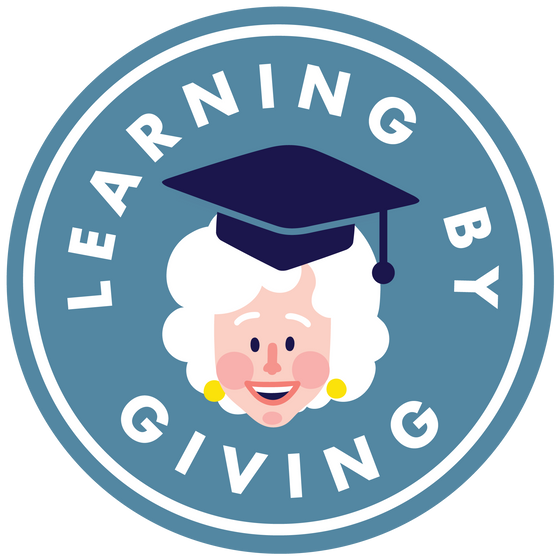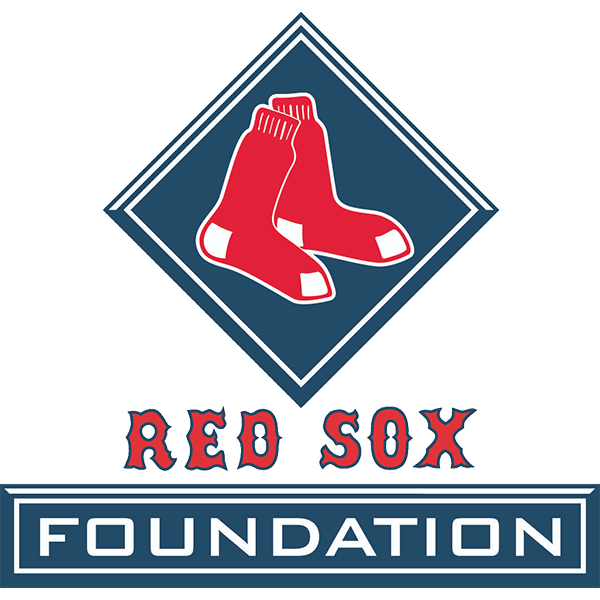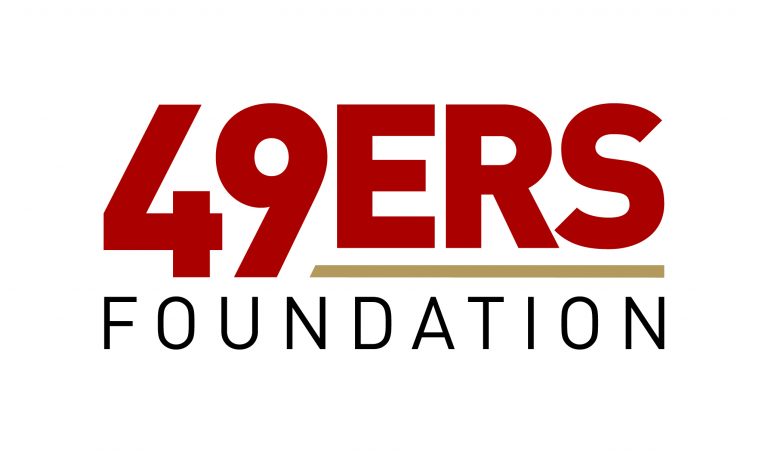
Website: http://www.waypointadventure.org/
Mission: The Waypoint mission is to challenge people with disabilities to discover their purpose, talents and strengths through the transforming power of adventure.
RELEVANCE
How does your organization strive toward the attributes associated with Relevance?
Waypoint Adventure is authentically and meaningfully connected to the individuals and communities it serves. It engages people with disabilities in developing and implementing solutions to the challenges they face, empowering them in the process.
Founded in 2010 and named a “Social Innovator” by the Social Innovation Forum in 2015, Waypoint challenges people with disabilities to discover their purpose, talents and strengths through the transforming power of adventure.
Waypoint serves over 1,100 people with disabilities annually (76% youth and 24% adult). People with disabilities are all around us. One in five people in the world lives with some type of disability. People with disabilities are men, women, young, old, black, white and live in every neighborhood. Participants live with intellectual, developmental, physical, and sensory disabilities, including blindness, autism, developmental delays, paralysis, serious physical conditions, brain injuries, hearing impairments, Down Syndrome and mental illness. Through kayaking, rock climbing, hiking, snowshoeing, ropes courses and team-building programs, Waypoint instills hope, confidence, and a sense of belonging in participants. These opportunities are especially important for youth with disabilities whose horizons are often limited by fear, isolation and well-meaning but over-protective caregivers.
Using a supportive community, specialized equipment and the challenge of adventure to transform the lives of people with disabilities, Waypoint has become a regional leader in experiential learning and outdoor education for children with disabilities. One example of how it engages and empowers the people it serves is its innovative Leaders In Training program, through which dozens of young adults with disabilities are prepared to lead adventures for others.
IMPACT
How does your organization strive toward the attributes associated with Impact?
Waypoint has a clear definition of “success” relative to the need it identified and from the perspective of the people it serves.
People living with disabilities need a way out of an existence focused almost entirely on the mere management of their disability. Youth and adults with disabilities (and their caregivers) need to know that they can achieve changes in their functional capacities, health status and quality of life. People with disabilities are often so far removed from recreation and social activities that they retreat to their homes with little hope of meaningful participation, thus being robbed of the physical and educational benefits that occur through adventure opportunities.
Research shows that the type of programs Waypoint provides significantly increase self-esteem, confidence, independence, and physical health. They reduce obesity and high school drop-out rates, which are otherwise twice as high for people with disabilities when compared to those in the general population. Waypoint’s programs are particularly important for people with disabilities, who are often over-protected and sheltered, rather than encouraged to lead and push themselves beyond their comfort zone.
People with disabilities (who make up about 11% of the Massachusetts population) face social and educational disparities:
- 35% of youth with disabilities are completely uninvolved in their communities. For example, it would not be unusual for a teenage girl with Down Syndrome or on the autism spectrum to have minimal interaction with peers at school, and to spend her non-school hours at home watching TV rather than socializing, doing volunteer work, or holding a part-time job.
- 15% of people between the ages of 6 and 17 receive special education in Massachusetts schools (representing the second highest percentage in America).
- 37% of people with disabilities do not complete high school, compared to 9% of people without disabilities.
- 36% of families who have children with a disability are in financial need (and qualify as “living in poverty”).
Waypoint addresses these issues by involving people with disabilities as active participants in our adventures. Many people with disabilities face low expectations from those around them about what they can achieve. This often leads to an internalized helplessness.
On our adventures, it’s a different story. A teenager who’s blind, an adult with multiple sclerosis, or a 20-something with severe anxiety are expected to support others to paddle a kayak, pitch a tent, summit a mountain or scale a cliff.
By supporting each other–and receiving support as needed–people on our programs expand their sense of who they are and what they can do (both in a natural setting, and more broadly in their lives).
Waypoint facilitates a variety of adventure types as the experience. During each adventure leaders provide opportunities to reflect and call out what has happened as well as what individuals are doing to contribute toward the success or failure of the adventure. These times of reflection help participants understand what they are learning and influence the rest of the adventure. The duration of the adventure is spent applying the lessons and skills. At the close of every adventure, time is spent in a circle where each participant is given time to reflect and consider how the lessons learned on the adventure may apply to future adventures and other areas of life.
Outcomes and experiences are tracked with pre/post questionnaires, skill testing and interviews. With help from the Social Innovation Forum, Public Service Economics and the Boston University Occupational Therapy Department, we identified the four areas in which Waypoint has a significant impact: sense of belonging, self-esteem, self-efficacy, and emerging skills. We surveyed over 200 people who participated in Waypoint programs between January 2016 and July 2017 and found that, following a Waypoint program:
- 91% reported feeling a greater sense of belonging;
- 85% reported a feeling of high self-esteem;
- 83% reported a high feeling of self-efficacy;
- 90% reported having developed a new skill.
Imagine the sense of accomplishment that a girl with cerebral palsy feels when she paddles a kayak for the first time or a blind teenager when he experiences his first overnight backpacking trip. Think of the anguish of a life-long athlete after losing a leg in a car accident and the thrill she experiences by scaling a 40-foot cliff. Waypoint enables people with disabilities to reach for the best in themselves and do things they never thought possible. Participants emerge from our programs confident and capable.
After a recent rock climbing program, a special education teacher said, “Carlos is the most timid student in our class. He needs someone to accompany him on trips down the hall. When he said he wanted to participate in a rock climbing adventure, I fully expected him to be too afraid to climb.”
And yet, Carlos walked up to the cliff again and again – saying he wanted to keep climbing and take greater challenges. He out-climbed the rest of his class and was sad when the day came to a close.
“I’ve never seen him so confident!” his teacher told us afterwards.
This scenario plays out hundreds of times a year on Waypoint programs. Youth and adults with disabilities who think they can’t, prove they can.
Our goal is for participants to complete our programs having surprised and delighted themselves with their own abilities and courage, and with a sense of true community within their adventure group. We track their outcomes and experiences with pre/post questionnaires, skill testing, and interviews in the following areas: education, recreation, employment, and social and personal fulfillment.
Our pre- and post-program evaluations are our primary sources of information on program effectiveness. We administer our post-program surveys immediately after each adventure, and client program directors receive an evaluation to fill out within a week of the program’s conclusion.
SUSTAINABILITY
How does your organization strive toward the attributes associated with Sustainability?
Waypoint prudently stewards its resources, increased and diversified annual fundraising revenues, and has generated modest surpluses every year it’s been in operation.
Waypoint uses a hybrid funding model that combines gifts and grants with reasonable participation fees. Individual participants typically pay a registration fee of $10–$45 for activities; partner organizations pay 30%–60% of the total cost; and numerous foundations, corporations and individuals contribute to subsidize programming.
As we complete our eighth year and plan for our ninth, Waypoint is moving toward sustainability through continuing and expanding the following:
- seeking funds from diverse sources: program fees, corporate and foundation grants, special events, direct mail, social media, online giving and individual major gifts;
- expanding and developing our board of directors and board of advisors, which include members from Boston Children’s Hospital and the Harvard Graduate School of Education.
- living up to our mission statement: To challenge people with disabilities to discover their purpose, talents and strengths through the transforming power of adventure;
- increasing the number of program participants served annually;
- expanding the community of schools and organizations able to access adventure learning programs by increasing scholarships from 30% of program costs to 45% of program costs;
- continuing to expand the number of individual donors through increased networking efforts.
EXCELLENCE IN MANAGEMENT AND OPERATIONS
How does your organization strive toward the attributes associated with Excellence in Management and Operations?
Waypoint embraces diversity, inclusion, equity, and community representation. It invests in the professional development of its staff and has trained more than 130 volunteers to lead programs. Its board, staff and volunteers represent the full spectrum of people it serves, including those with disabilities. The staff meets informally each day and formally twice a month. Its boards are actively engaged in governing the organization and advising its co-founders, and insures that best managerial practices are adopted and embraced. Staff and volunteers model excellence and strive for continuous improvement.
HOW DOES YOUR ORGANIZATION ENGAGE YOUNG PROFESSIONALS / EMERGING LEADERS?
More than 80% of Waypoint’s 130 specially-trained volunteers are young professionals, many of whom are encouraged by employers such as TripAdvisor, John Hancock, New Balance, Liberty Mutual and Microsoft to volunteer with us.
Through transformative experiences, adventurers discover their purpose, talents, strengths, and place in the community.
For youth transitioning to adulthood, the problem-solving and teamwork skills learned on adventures can be applied to real-life challenges like finding a job or seeking housing. For older adults, an expanded sense of what they can achieve leads to greater independence and a higher level of comfort and confidence in their interactions with others.
Our goal is that these experiences will help people with disabilities live fuller, richer lives as active members of their community, and we appreciate your consideration as we strive to serve more people with disabilities.





